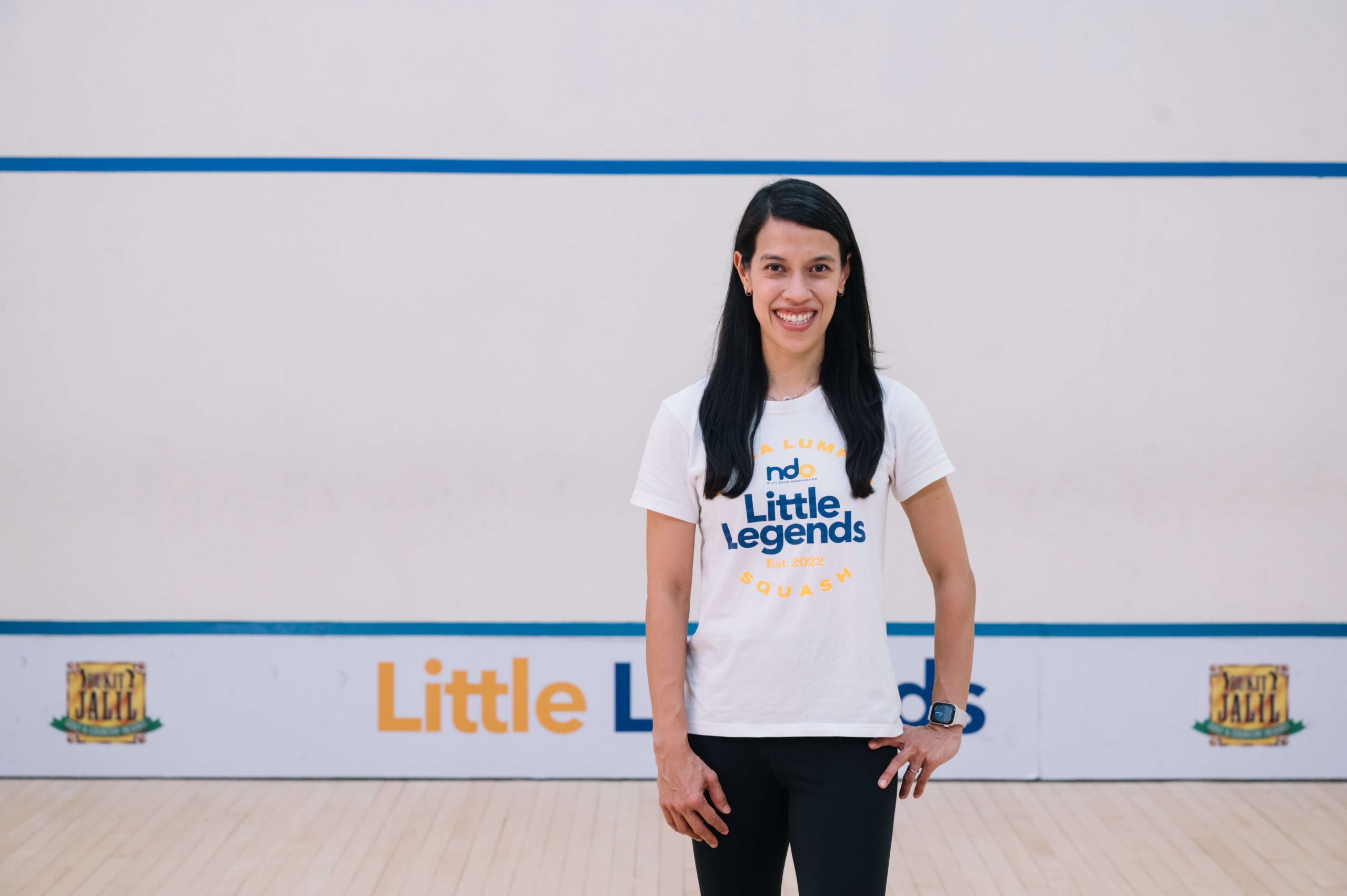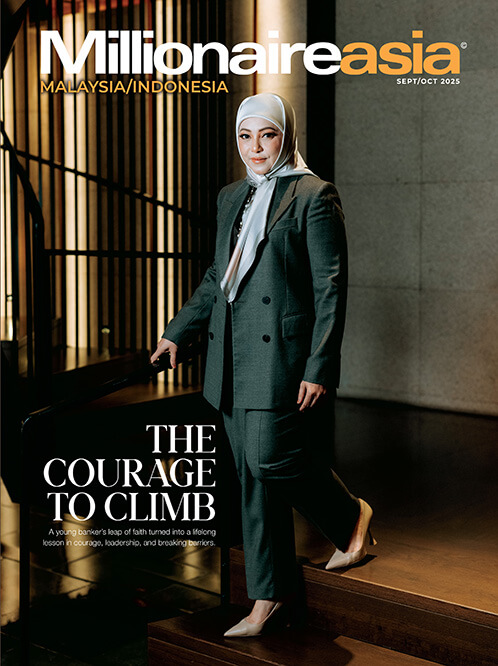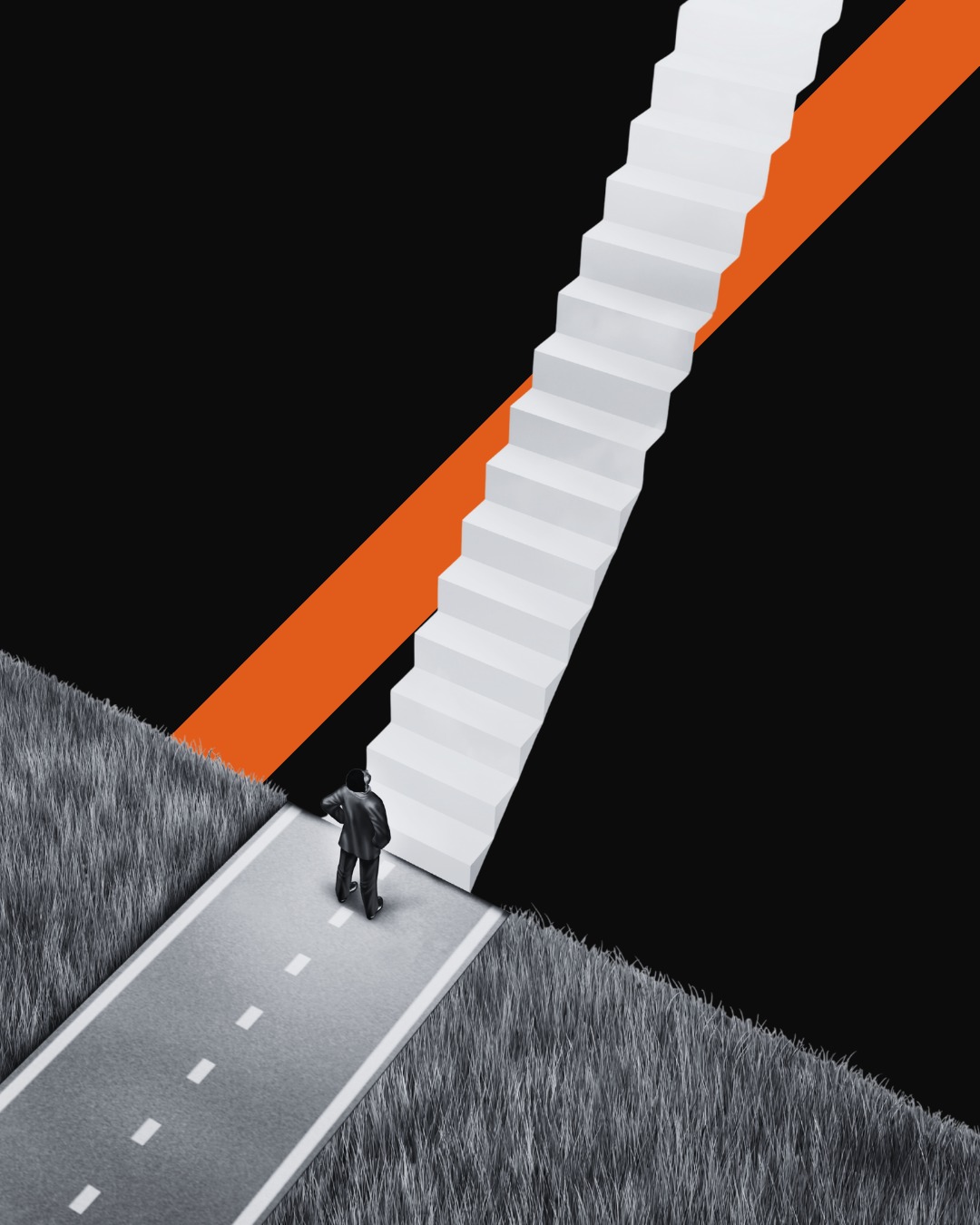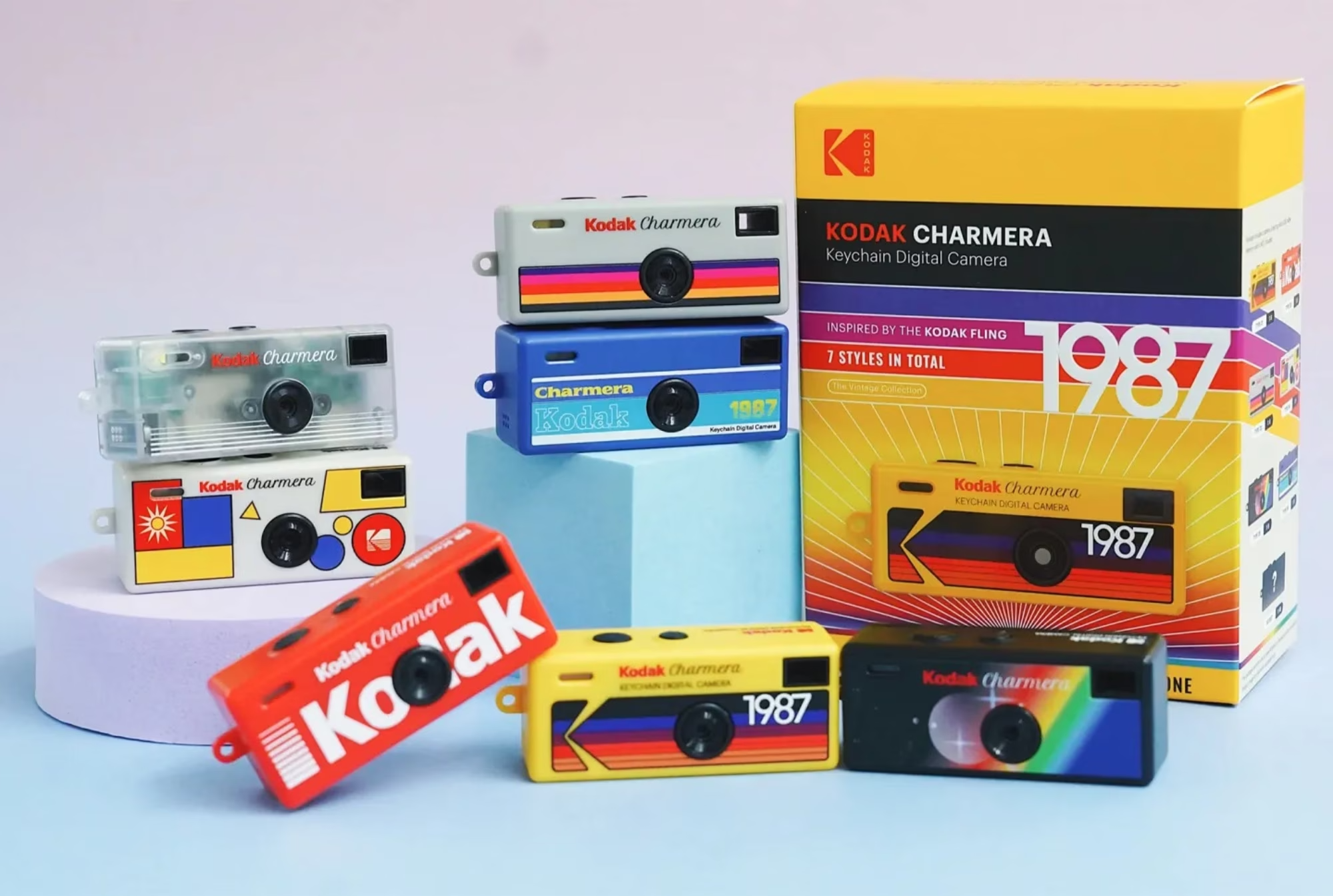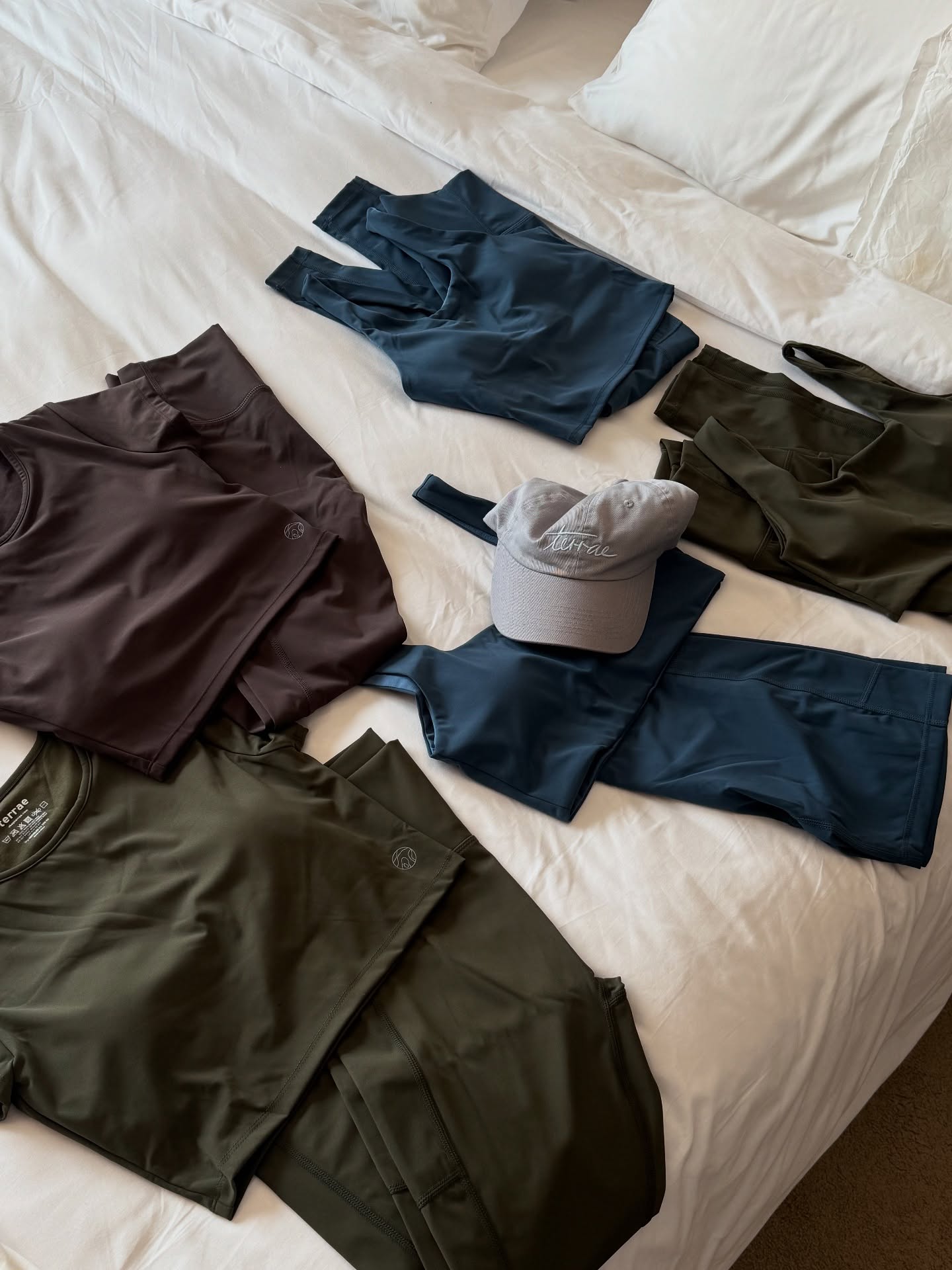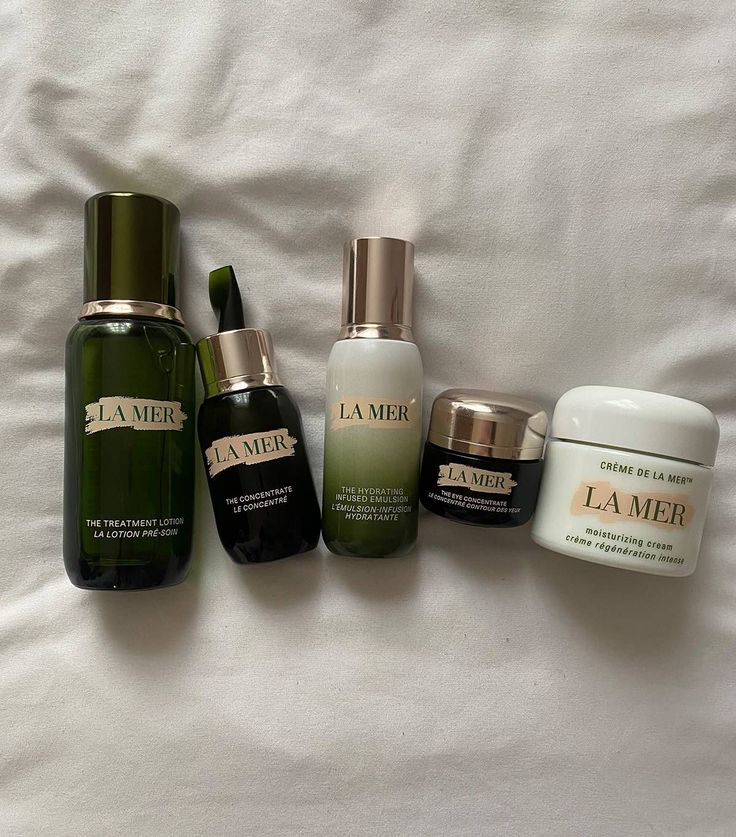She’s the unparalleled and unrivalled queen of the squash court; Malaysia’s Golden Girl with a heart of gold.
Regarded by many as the greatest women’s squash player of all time, Datuk Nicol Ann David dominated the sport as the world’s number one for an unprecedented – and still unmatched – nine years running from 2006 to 2015. Before she was ranked the number one female player in the world in 2006, no Asian woman had ever held that title.
She won the World Open title a record eight times, and the British Open title five times – and in July 2016 recorded her 151st successive month in the top 10 squash player worldwide, smashing the record for both the men’s and women’s categories.
David’s love for the sport started young: she was only five when she first tried her hand at squash. She made waves in the juniors, reaching the quarterfinals of the World Junior Squash Championships in 1997 at just 13. Two years later, the 15-year-old David became the youngest woman to win a World Junior Championship.
David’s legacy as a squash icon is clear. In 2021, she was named the World Games Greatest Athlete of All Time, winning 318,943 votes in a poll by the International World Games Association – more than twice the number of votes the runner-up received.
And during her last World Open Championship in November 2011, David, now 41, was inducted into the World Squash Federation Hall of Fame and declared the sport’s 12th legend.
She retired from competitive squash in 2019, leaving behind a glittering legacy. But her heart’s still in the sport: she wants to continue growing the game she loves – and give back to the country she loves.
Since 2022, she’s been hard at work training the next generation of talents in Malaysia through her Nicol David Organisation. Launched in 2022, the non-profit organisation is dedicated to empowering girls and boys from low-income families through sports and education, including squash training, English tutoring and life-skill workshops.
And she’s still flying the Malaysian flag high. In 2023, she was appointed Deputy Chef de Mission – a move that was cheered by the public who still think fondly of their squash superstar – for the Paris 2024 Olympics.
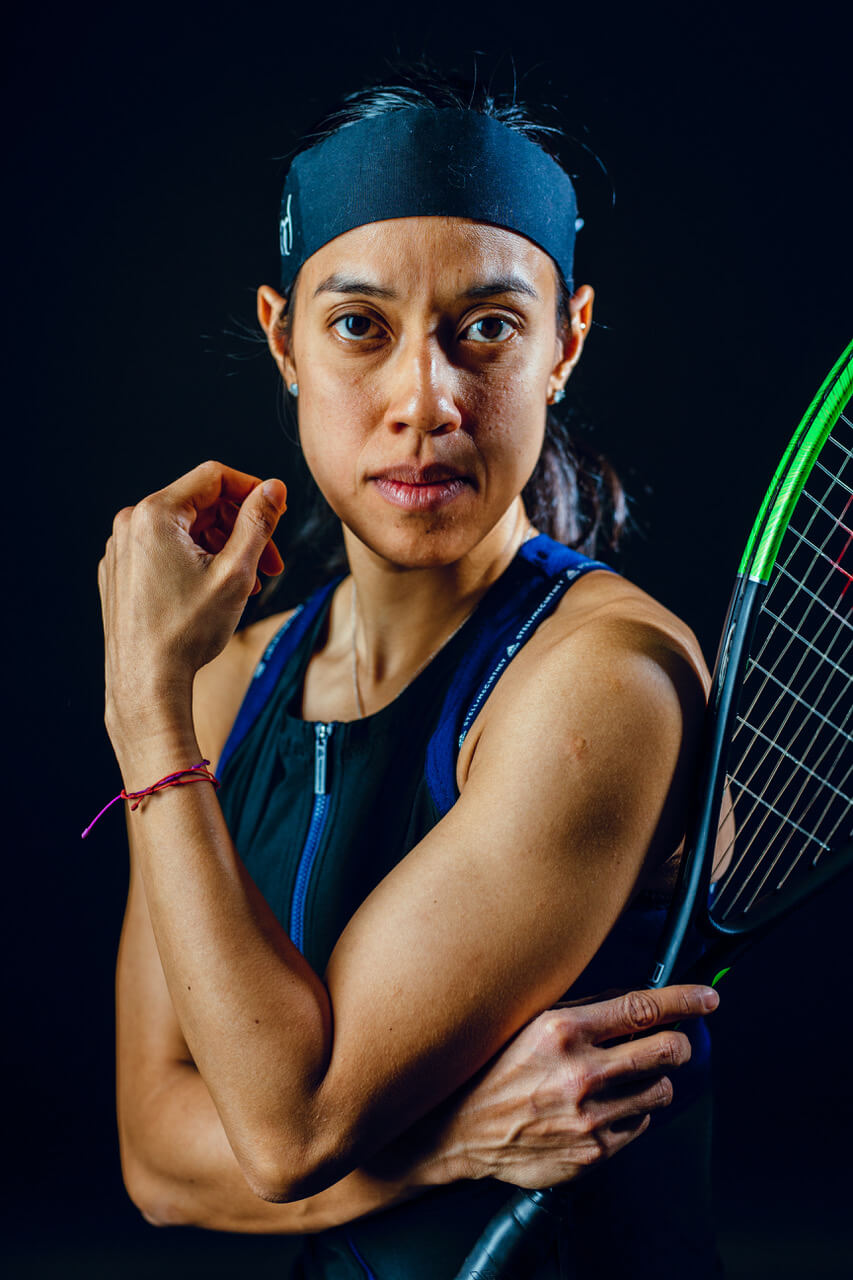
Q&A with Nicol Ann David, squash legend and founder of Nicol David Organisation
What was your ambition when growing up and when did you decide to dedicate your career in sports?
In the beginning I wanted to follow my dad and be an engineer because he was the person I looked up to growing up but he also was an athlete himself. So my sisters and I were exposed to all sports and my first sport I picked up was squash when I was 5 years old. The more I got into it I was getting better and was representing the state and country at a young age. I realized at 15 after winning my first World Junior Title that perhaps my ambition is to be a pro squash player to be a senior World Champion one day. I never looked back since.
What does it feel to be called the greatest women’s squash player?
It feels great but sometimes I feel it may not be my place as it needs to be shared by many greats in the past. I grew up watching all the best female squash players of the game and learnt from them to become my own self and push my own ability to reach my full potential. It is an amazing honour and I will cherish it for sure.
What do success and accomplishment mean to you?
Success and accomplishment to me is about achieving my own personal goals, not set by others and if I achieve them for me while it changes the landscape of the sport and the country, then it’s an accomplishment to be recognised.
What were some of the biggest challenges that you face as a professional sportswoman and how do you overcome them?
There are three big challenges I’ve faced. Firstly, to start over again when I wanted to breakthrough to the top 10 and eventually be World No 1 and World Champion at 22 years old. My coach Liz Irving had to work on my technique and movement starting from zero to build up so I could adapt to the top players and have variation to my play while moving efficiently.
Secondly, to understand how to be World Champion and World No 1 because no one tells you what to do or how to handle things. I needed to figure it out myself with my team and it’s tough at the start but I eventually understood to regroup and set new goals again.
Lastly, to sustain the World No 1 position for nine years consecutively. The pressure was always on me to win and perform so every single time I stepped on the court, I had to win. Any loss was a failure so I just worked really hard mentally to keep to my task. Training was intense and I had to be ruthless in every opportunity in competitions.
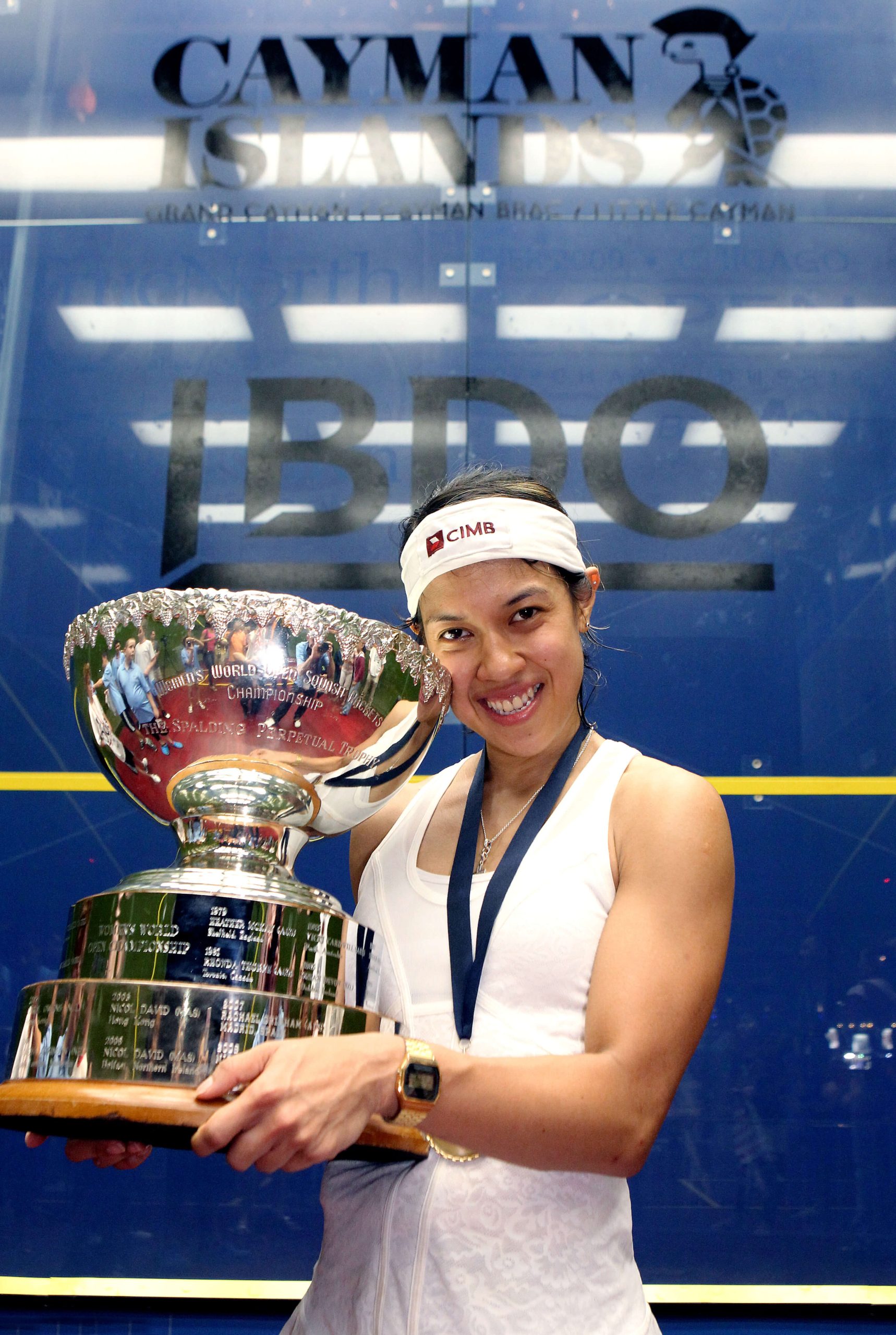
Besides squash, what other passions do you have?
I love art and dancing. I used to take basic street dance classes while I was training in Amsterdam. When I have days off or during my travels, I like to doodle in my note book wherever I go. Maybe in my long term future I can do something in design and have my own gallery. A nice dream!
How has life been since your retirement 5 years ago? What are you busy doing?
Life has been amazing. Not long after I had retired, Covid had started so it was a forced holiday in terms of taking time for myself, not rushing for training or competition. I started to make plans and preparations for my foundation, the Nicol David Organisation together with co-founder and CEO Mariana de Reyes. The time was necessary to ensure everything was set before launching it two years ago. Since then, my priority has been mainly the foundation and it’s been the most fulfilling experience of my life.
How did Nicol David Organisation come about and what’re its primary objectives?
The Nicol David Organisation came about when I was going to retire. I had a dream to give back to the next generation in Malaysia all that the country has given me throughout my competitive career so that I can share my experience in return.
The objective is to empower girls and boys through sport and education. Our primary programme is called Little Legends and we offer an squash training and English tutoring for kids from low- to mid- income families.
This is to develop children to be active and build values that sports have to offer and to instill in them discipline, resilience and team work. We’ve witnessed firsthand the increase in their confidence and the improvement in their English. This also helps open doors to better opportunities for their future. We currently have 110 children after two years with two cohorts, and we will be introducing another cohort soon.
Besides this, we have just launched a pilot programme called Ibu Legends and this is for the mothers of our Little Legends to join mental health workshops, free medical check-ups, nutrition workshops, physical training and parenting workshops. We believe that to look after the children, we have to also look after the ecosystem around them and we wanted to start with the mothers. Women’s health is sometimes not given enough attention and we hope to give as much support to mothers who can’t afford this for themselves.
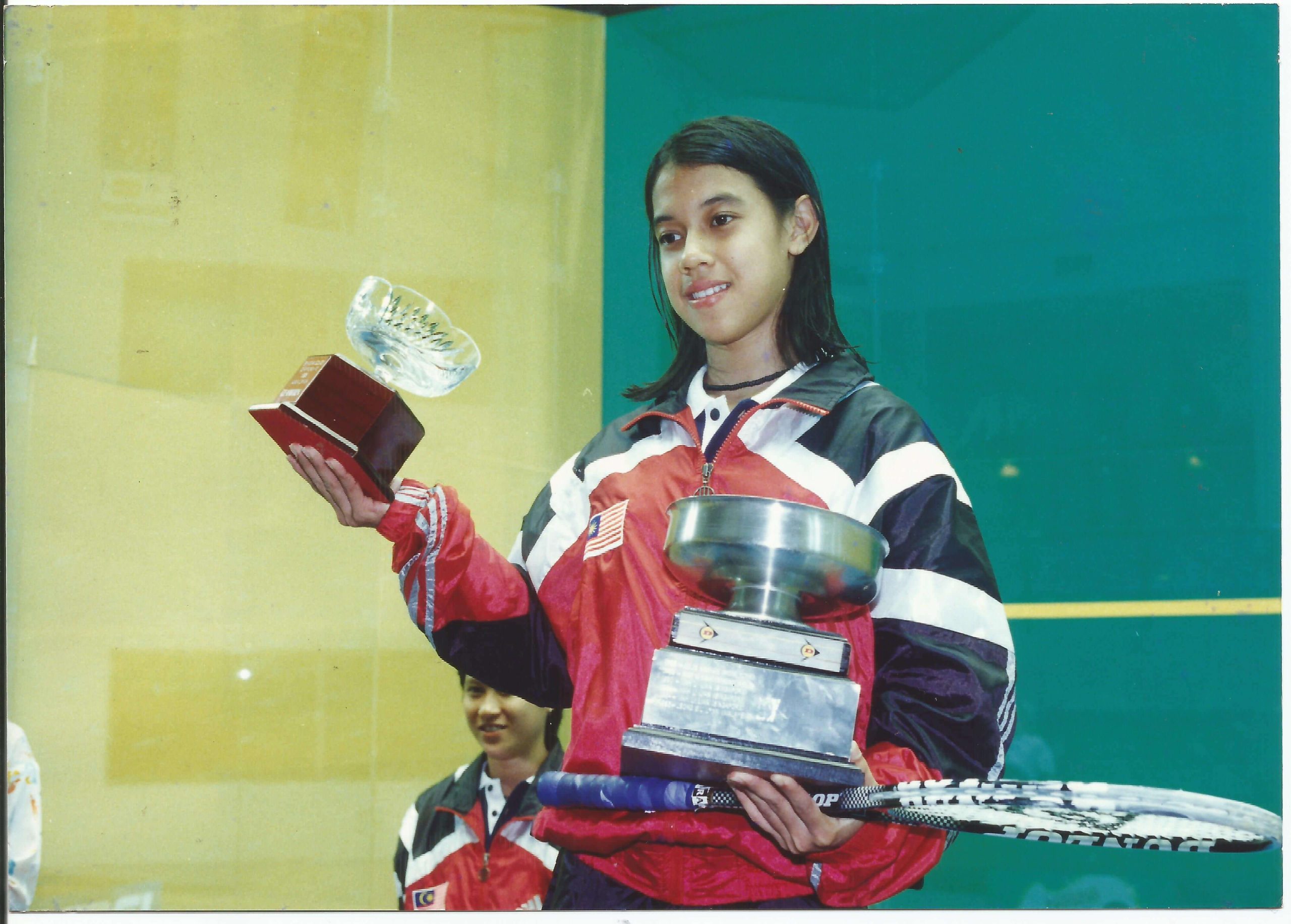
How do you view the roles of women today, in the sports arena and in society at large?
Women play such an important role in all areas whether it’s sport, in society or even in the household. They are key to keep the balance in every aspect. In terms of sport, we are starting to see more involvement and investment in women is sport. That is the future because women have such strong qualities to be showcased to the world and they are amazing role models for young girls to follow. We still have a gap for women in higher leadership positions, administrative roles and coaches but the opportunity is there for the taking. We just have to encourage more women to take on these positions and see that their contribution and experience is very valuable.
Currently you are leading the Malaysian contingent in the Paris Olympics, how do you feel about that?
This has been such a huge honour to lead the Malaysian contingent at the Olympics. I cannot express enough of how proud I am of our athletes and that they’re here to give it their all for themselves and their country. My Olympic dream has finally come true in a much bigger way and I’m ever so grateful to be supporting our athletes towards their Olympic dreams too.
What advice would you give to other younger women today in terms of gender equality?
I would say that to all women to always stay true to yourself and your own capabilities that will go a long way. Keep supporting other women peers and colleagues while also bringing men into the equation to get support from them to work together. This is how we can create a community that builds and alto set a culture of positivity all round.
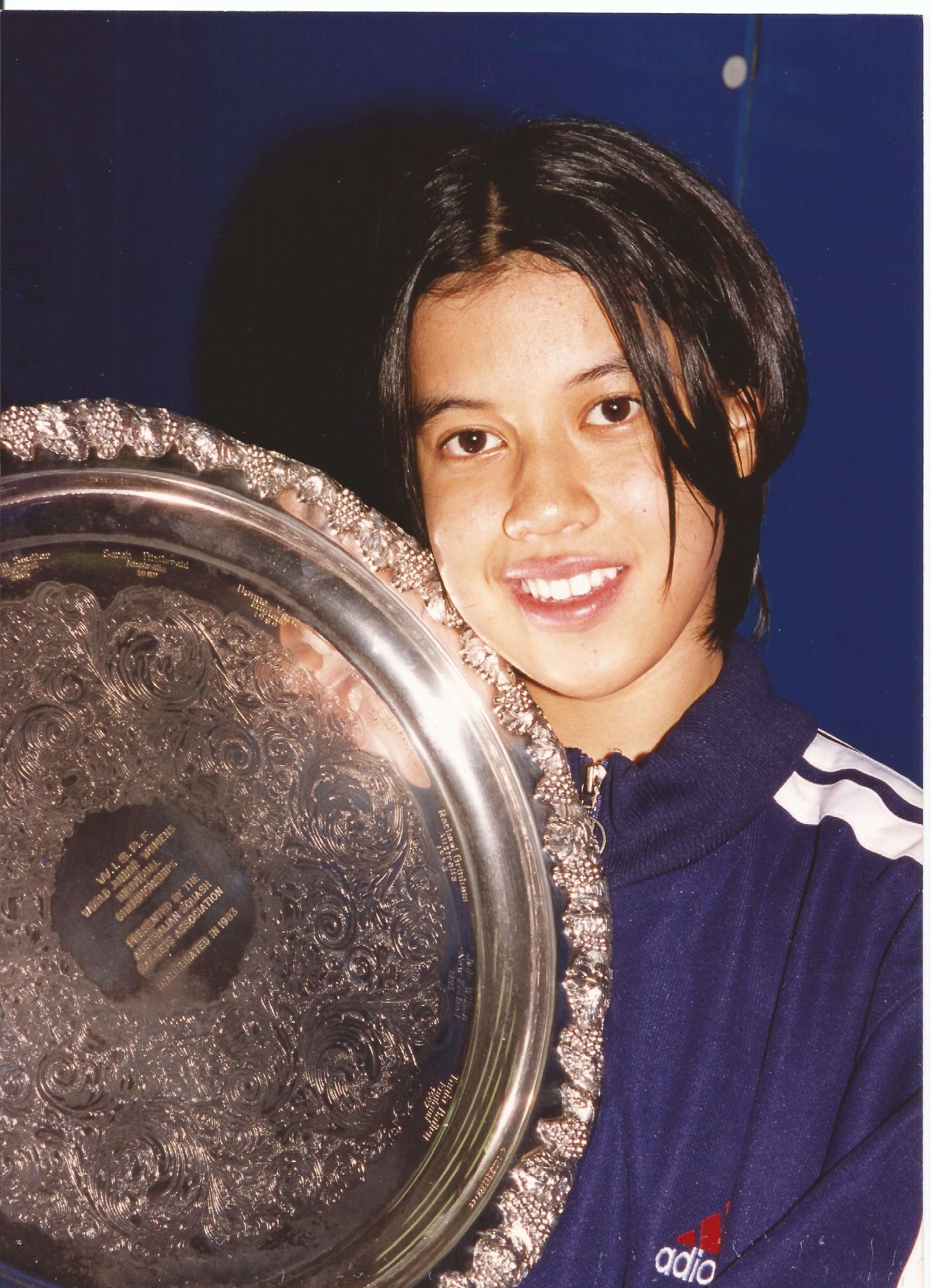
Finally, what would you tell your younger self?
I would say to savour the moments more when I had my major victories and to appreciate the hard work that has been put into those wins. It was only after I retired that I truly understood the magnitude that I achieved and now I can say that I’m proud of myself.
